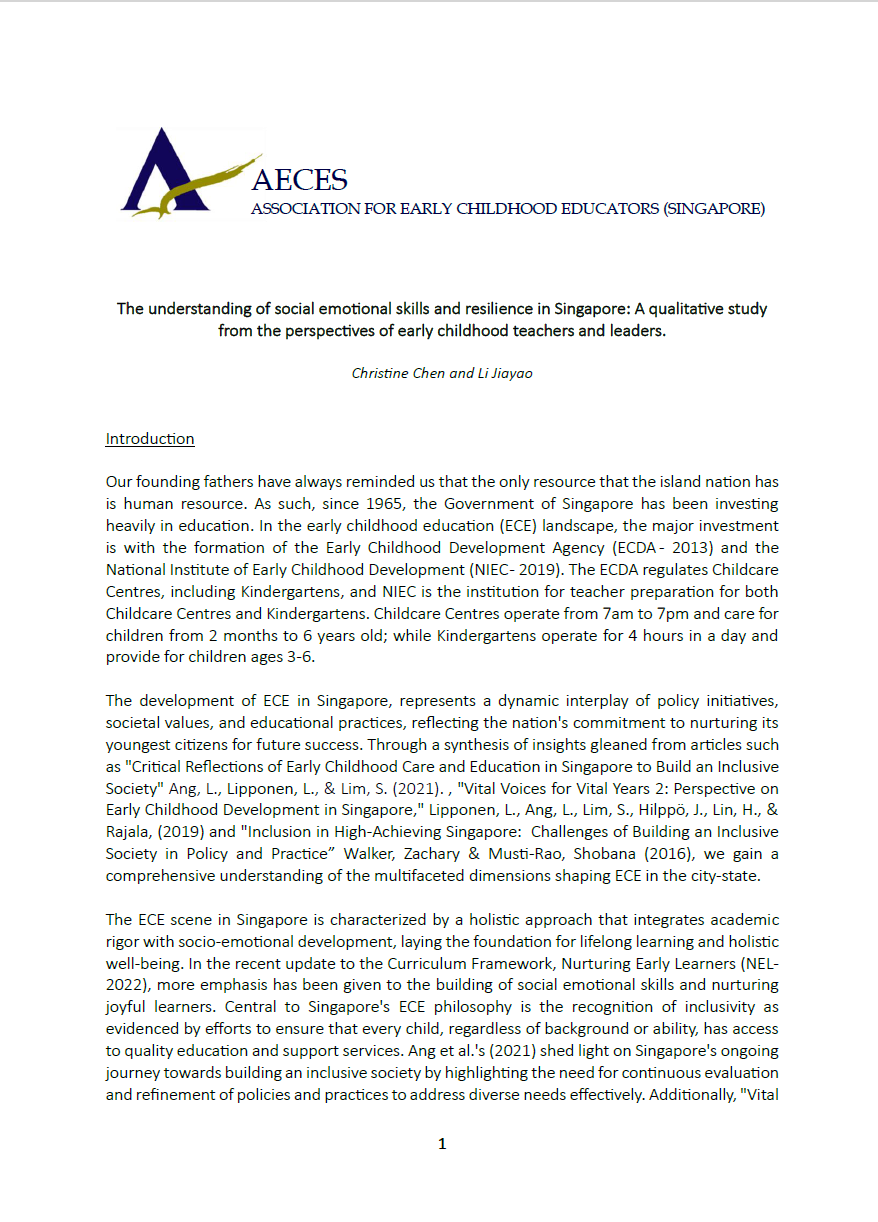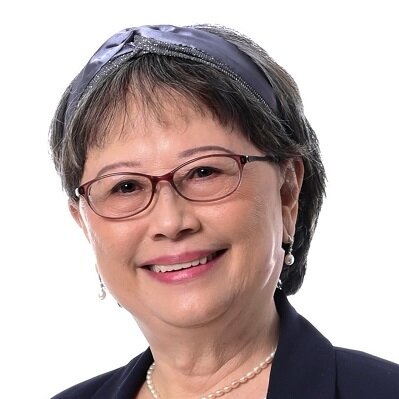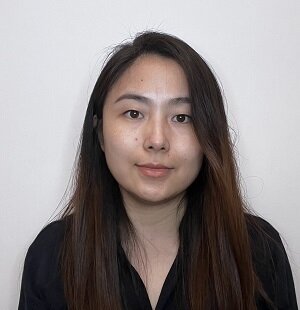 |
Introduction
Our founding fathers have always reminded us that the only resource that the island nation has is human resource. As such, since 1965, the Government of Singapore has been investing heavily in education. In the early childhood education (ECE) landscape, the major investment is with the formation of the Early Childhood Development Agency (ECDA - 2013) and the National Institute of Early Childhood Development (NIEC - 2019). The ECDA regulates Childcare Centres, including Kindergartens, and NIEC is the institution for teacher preparation for both Childcare Centres and Kindergartens. Childcare Centres operate from 7am to 7pm and care for children from 2 months to 6 years old; while Kindergartens operate for 4 hours in a day and provide for children ages 3-6.
The development of ECE in Singapore, represents a dynamic interplay of policy initiatives, societal values, and educational practices, reflecting the nation's commitment to nurturing its youngest citizens for future success. Through a synthesis of insights gleaned from articles such as "Critical Reflections of Early Childhood Care and Education in Singapore to Build an Inclusive Society" Ang, L., Lipponen, L., & Lim, S. (2021). , "Vital Voices for Vital Years 2: Perspective on Early Childhood Development in Singapore," Lipponen, L., Ang, L., Lim, S., Hilppö, J., Lin, H., & Rajala, (2019) and "Inclusion in High-Achieving Singapore: Challenges of Building an Inclusive Society in Policy and Practice" Walker, Zachary & Musti-Rao, Shobana (2016), we gain a comprehensive understanding of the multifaceted dimensions shaping ECE in the city-state.
The ECE scene in Singapore is characterized by a holistic approach that integrates academic rigor with socio-emotional development, laying the foundation for lifelong learning and holistic well-being. In the recent update to the Curriculum Framework, Nurturing Early Learners (NEL- 2022), more emphasis has been given to the building of social emotional skills and nurturing joyful learners. Central to Singapore's ECE philosophy is the recognition of inclusivity as evidenced by efforts to ensure that every child, regardless of background or ability, has access to quality education and support services. Ang et al.'s (2021) shed light on Singapore's ongoing journey towards building an inclusive society by highlighting the need for continuous evaluation and refinement of policies and practices to address diverse needs effectively. Additionally, "Vital Voices for Vital Years 2," (2019) underscores the importance of collaborative partnerships between stakeholders, including parents, educators, policymakers, and the community at large. These voices serve as advocates for children's well-being as members of society who are given the opportunities to achieve their potential. They provide the driving force for positive change and innovation within the ECE sector.
Since the early 80's with the economy booming and women being required to join the workforce, the availability of childcare centres was being advocated to support working mothers. At that time, the government strategy in providing childcare centres was to promote availability, accessibility, and affordability but the fourth pillar was added later to ensure quality for all. The number of centres grew from 90 in early 1980s to currently, 1,665 childcare centres and 344 Kindergartens. In addition, the Ministry of Education (MOE) also runs 43 Kindergartens with 17 more opening by 2027. As such, by 2027 there will be 60 public centres operated by the Government (MOE) and the rest of the centres will continue to be privately operated. However, to make them affordable with quality for all, the Government provides subsidies, with a fee cap, for Anchor Operators (AOP) as well as Partner Operators (POP). AOP are large chains of childcare centres with a community service focus and POP are smaller chains with at least 300 children in total. In Singapore, there are 600 centres under AOP and 323 POP schemes. The rest are standalone private centres.
The ECE sector has always been a private undertaking, but the Government of Singapore recognises the critical role it plays in human development. In recent years, much has been invested and this reflects the nation's aspirations for its youngest citizens to achieve its potential. As we navigate through the following presentation, we understand how social and emotional skills (SES) and resilience are being understood by our ECE teachers and leaders.
This qualitative study is timely because as stated earlier, the Curriculum Framework, NEL (2022) has been refreshed with a strong focus on SES and the nurturing of joyful learners. It includes one-on-one interviews of 9 interviewees. The data was analysed manually for emerging themes and reported below. The profile of interviewees is found in the next paragraph.
Read full report


 Christine Chen
Christine Chen Li Jiayao
Li Jiayao










